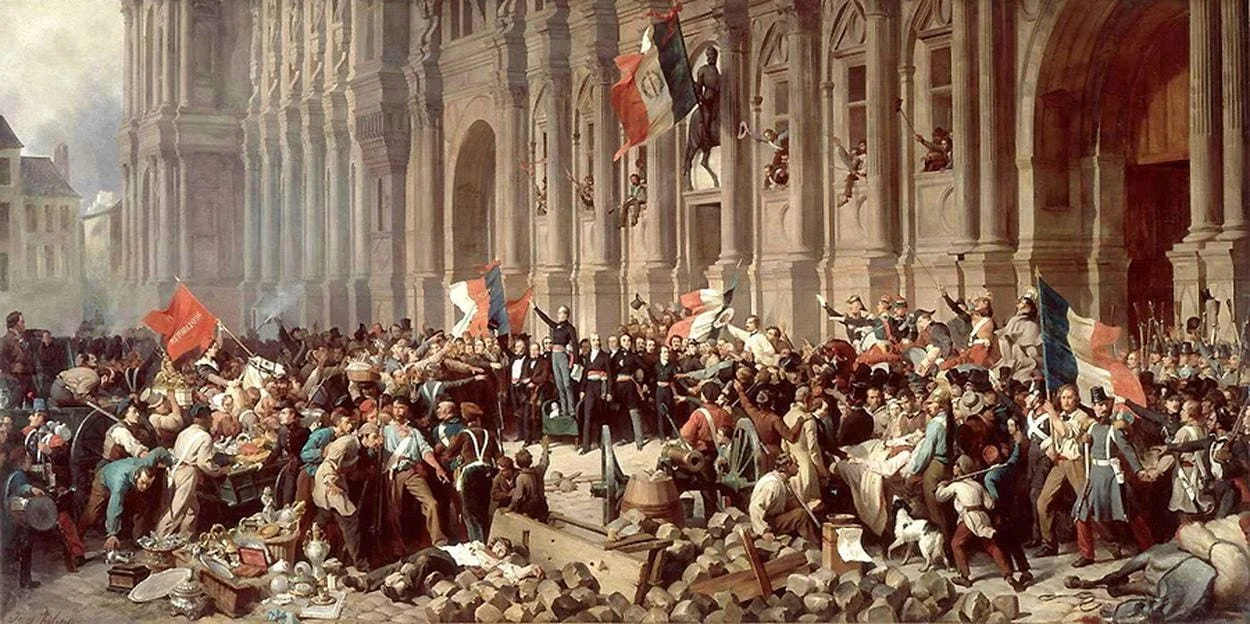Democratic Revolutions
The blood-soaked political convulsions of the 18th-century democratic revolutions transformed the world forever by bringing an end to the centuries-long tyranny of absolute monarchs and elitist aristocrats. Informed by the revolutionary ideals of the Enlightenment—the truer John Locke, advocate of natural rights and government by consent; Jean-Jacques Rousseau, advocate of general will; and Montesquieu, advocate of separation of powers—these revolutions were more receptive to the idea that government has to be legitimate since it is among human beings and not through God or birth. The first great democratic revolution was American colonies, 1775-1783, against British imperialism and taxation without representation, which ended in a war of independence.
New USA was the world's first individual rights defense, written constitution, and checks and balances republic. French Revolution of 1789 was revolutionary. Consumed by complete economic devastation, authoritarian social hierarchy, and widespread disillusionment with the absolutism of monarch kings, it set the stage for the overthrow of KingLouis XVI and the installation of revolutionary governments that implemented revolutionary reforms like the Declaration of the Rights of Man and of the Citizen—a constitutional bill of universal rights to freedom, property, and equality before the law. In spite of its eventual degeneration into anarchic bloodshed and Bonapartist despotism, the revolution provided a good example of political and popular revolution. No more long-lasting in its effects was the Haitian Revolution (1791–1804), which had started as a slave uprising in the French colony of Saint-Domingue. Ever more under the sway of Revolutionary French ideology and by individuals such as Toussaint Louverture, the slaves expelled their colonial overlords and established the world's first state to be independent of slavery. Not only had the revolution terminated colonialism and the transatlantic slave regime, it had pushed the world at large to confront the contradiction between Enlightenment principle and racial domination as everyday reality. Together, all the revolutions gave birth to a new European and Latin American political phenomenon, overthrew dictators and monarchs, and influenced intellectual and institutional pillars of the modern democracy, human rights, and freedom and equality movement across the globe.
